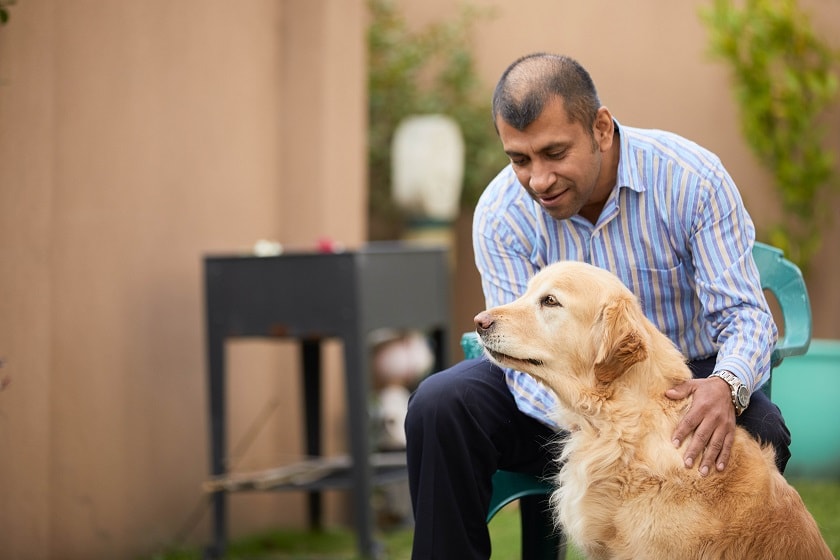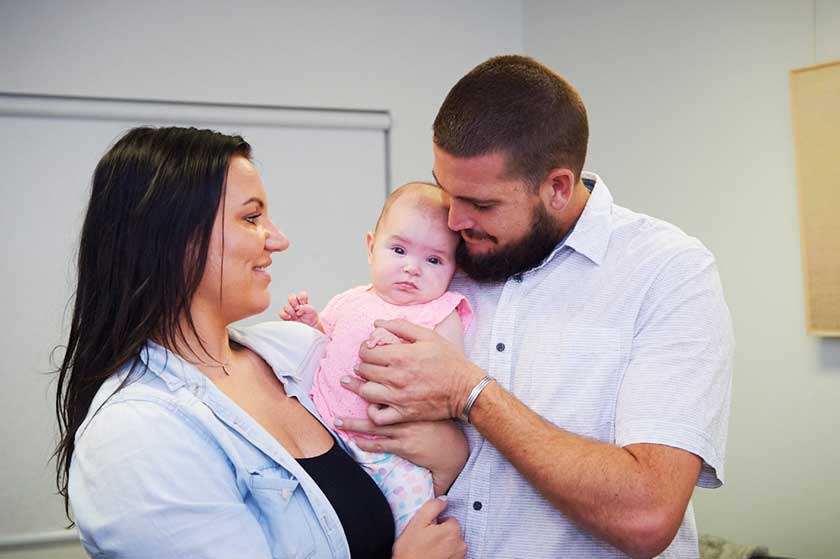Staying on top of your emotional wellbeing during Christmas and New Year can be a challenge as activities, relationships with people and changes to routine act as triggers for mental health conditions. This year we face additional pressure as we seek to enjoy the festive season, adhere to COVID-19 advice and keep ourselves, our friends and family safe.
Usually more is required of us to spend more time with children, family, and the pressure is on to socialise and celebrate. You may be missing these events or it could be a relief to enjoy less social activities in what is traditionally a busy month. If you have suffered significant loss throughout the year, it can be a time of reflection and missing our loved ones, companions, or children.
Here’s a simple guide of how to cope with some of the most common issues you may encounter during this time.
Conflict with family and friends
Christmas is a time of family and friends coming together to celebrate, however this can cause conflict as old wounds are brought up and people you haven’t seen for a time re-emerge into your life.
If there is tension within your family, don’t be unrealistic about your expectations that everything will go smoothly. It’s important to prepare yourself for difficulties and try to focus on what you can actively change or control, rather than hoping others change their behaviour.
If you are worried that a conflict could emerge
- Where feasible, plan group activities where you play backyard cricket or encourage a walk together to keep people distracted from their lingering issues. Alternatively you could go for a walk alone if you need a break from the environment to settle your own emotions.
- Choose to catch up in smaller groups such as seeing one set of relatives on Christmas Eve and another set on Christmas Day to reduce tensions.
- Avoid consuming alcohol so that you can keep control of your emotions and are able to leave events if you identify that you are not coping. Alcohol and other drugs have significant impact on our mood, anxiety, and our ability to inhibit responses (verbal and emotional), and are best avoided where possible.
- Remind yourself that this is only a short-period in a long year – keep perspective around this at all times.
Stretched finances
There is an almost unavoidable cost to Christmas and New Year festivities. The costs of gifts, food, and hosting or attending events quickly add up.
If your finances are tight, don’t spend money that you don’t have as this will simply add to your stress.
Consider alternative ways to show your loved ones you care for them such as baking, giving babysitting vouchers or offering to help with organising or cleaning up after celebrations. You can choose to speak candidly with those you trust about limiting expenditure if you can.
There are also a variety of ways to celebrate the New Year that don’t involve heading out to big parties, while this could be especially important in areas managing COVID restrictions, staying in with a close group of friends could also avoid having to negotiate the costs of transport and food and drinks.
Alcohol
Whilst culturally for many of us it is an expectation that drinking a glass of champagne to ring in the New Year or a beer at a Christmas lunch can be a nice way to relax among family and friends, we know for many that this can be problematic.
Do not worry about saying no, or refusing a drink (despite misguided encouragement from those around you). Stick to limits you set for yourself, and try and engage the support of those around you to maintain this.
Consuming too much can put you in situations that heighten your stress or compound your feelings of isolation and loneliness. Keep your alcohol consumption to a minimum at Christmas and New Year’s Eve so you can stay in control and in charge of your emotions.
Many people are also on medications for mental health issues, remember that alcohol can interact with these medications, so always be mindful of your health and wellbeing and speak to your doctor about any concerns you have so you can be informed.
If you have an addiction to alcohol, try to avoid situations where you may feel tempted or plan an activity to take part in so you are less inclined to drink. Think about people who can support you at this time and avoid places that will be triggers for your drinking behaviour.
Feelings of isolation and loneliness
In the lead up to Christmas and particularly on Christmas Day, there is often an expectation that you will spend time with family and loved ones.
If you are disconnected from your family, don’t have close relationships, are separated by state or international borders or are making an effort to social distance this time of year can bring up feelings of isolation and loneliness.
If you are worried about how you will spend your Christmas
- Don't wait for an invitation, reach out to the people you know and love to see what they are doing and if you can be involved.
- Depending on the restrictions in your state, you may be able to host a Christmas event, as long as you have the finances.You can take the first step and invite loved ones to celebrations at your home or at a neutral place such as the beach or a park.
- Volunteer to help at Christmas events where appropriate, such as serving Christmas meals to people who are homeless, visiting people in nursing homes or attending a church service – not only are you helping others but also being an active member of the community which will reduce your feelings of isolation.
- Arrange an online catch up. You may be facing a very different Christmas than usual but seeing and talking to your loved ones can help avoid feelings of loneliness and boost your spirits.
What else to consider?
Christmas and New Year is often a time of excess where you eat and drink more than usual and your exercise regime may taper off.
To help maintain your overall wellbeing without avoiding events:
- don’t overeat – stop when you are full
- moderate your drinking
- take part in incidental exercise such as walking around the block with family and friends after meals or take part in that backyard cricket match.
Remember help is available
Identify your support network and mental health plan ahead of time to ensure you have the support you need as you move forward.
Remember, different people offer different kinds of support, so keep your support network as broad as possible.
If you need urgent help, call 000 for an ambulance or attend your nearest emergency department. You can also call Lifeline on 13 11 14.








